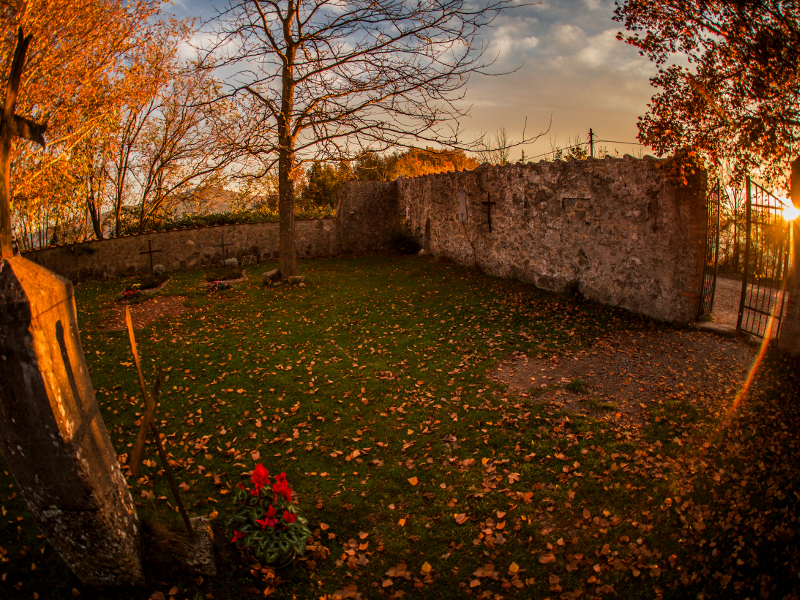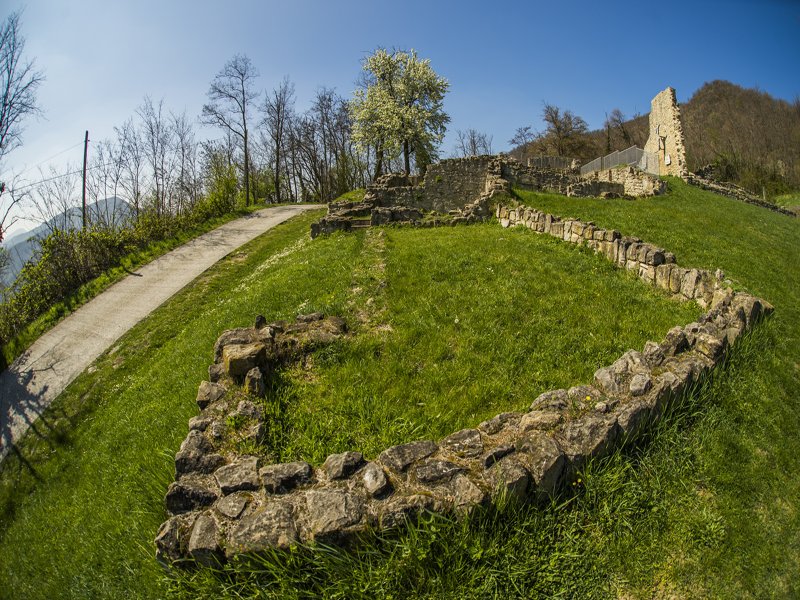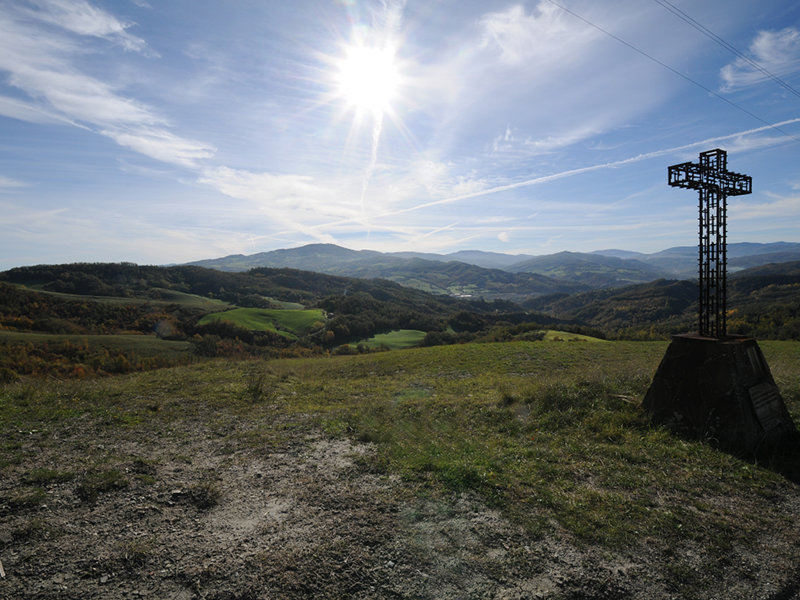Protected Area
Identity Card
- Land Surface Area: 6'300.00 ha
- Regions: Emilia Romagna
- Provinces: Bologna
- Municipalities: Grizzana Morandi, Marzabotto, Monzuno
- Establishment Measures: LR 19 27/05/1989
- PA Official List: EUAP0184
Protected Area
The Parco Storico di Monte Sole extends over the area where the slaughter of Monte Sole took place in 1944, when Nazi violence caused the death of hundreds of defenseless citizens, elderly persons, women and children.
The Protected Area was founded in 1989 according to the Regional Law N. 19 in order to keep the memory of this dramatic story alive, as well as to remember the Brigata Partigiana Stella Rossa and the devastation caused by the war. Aim of this Protected Area not only is to protect and enhance its environmental heritage, but also to spread the culture of peace among young generations. The Park extends over 6,300 hectares within the territory of the towns Marzabotto, Monzuno and Grizzana Morandi.
History and Landscape
History is a deeply characterizing element for the Park. The traces of the human facts within the territory of Monte Sole are very interesting and sometimes shocking, such as the massacre during World War II.
The Fauna
Park's territory - consisting of a thick mosaic of habitats - is the ideal environment for a wide range of animal species. Besides the most common species, Park's fauna is enriched by the presence of very interesting animal populations.
Ungulates have been settling in this territory again for few decades, a well organized deer population is living here together with a few roe deers which cannot expand, even though environment structure is perfectly suitable for them to spread. Also the fallow deer and the wild boar live in this area.
Flora and Vegetation
According to a recent survey it results that 936 flower species are present within the Park. Considering that regional flora numbers about 2,700 species, it is plain that one-third of the flower varieties of the whole Emilia-Romagna are present in the Park. Vegetation in this area mainly depends on Park's geographic position: It borders the mediterranean climatic area and it is influenced by the continental climate typical of the central Emilia at the same time.
Geomorphology
The presence of different lithological types is due to the many orogenic and sedimentation processes which caused the genesis of these reliefs.
The slopes formed by scaly clay are characterized by widespread instability phenomena which are especially detected near Vergato, Pian di Setta and Grizzana Morandi.










